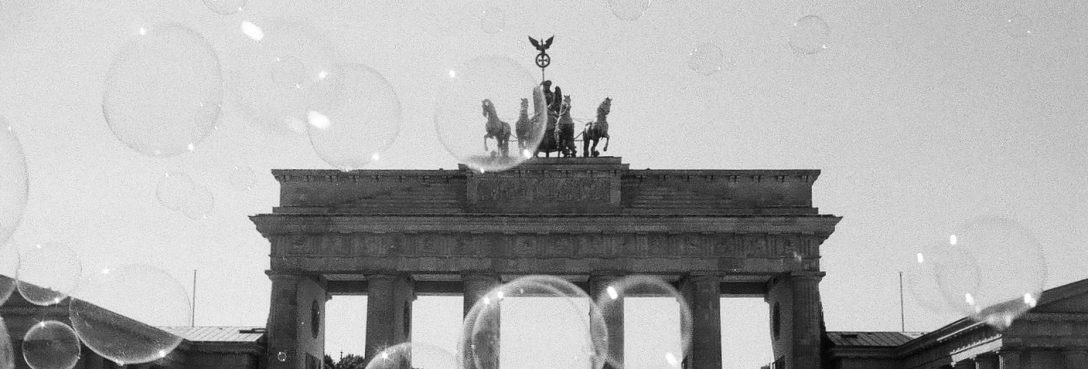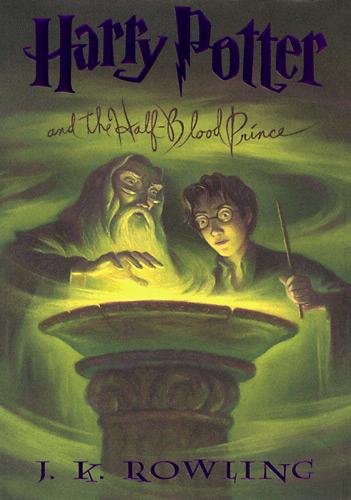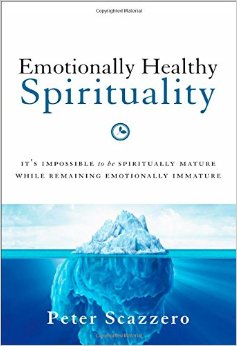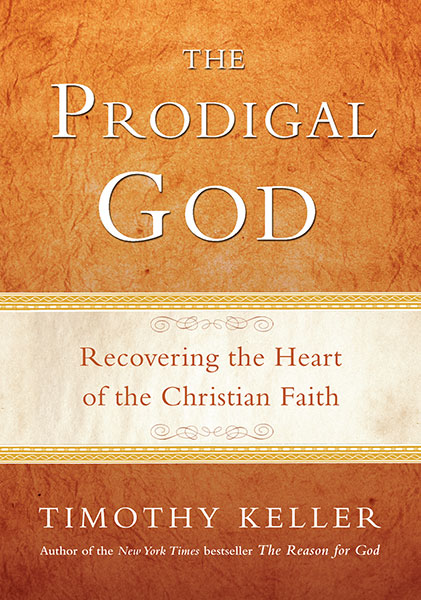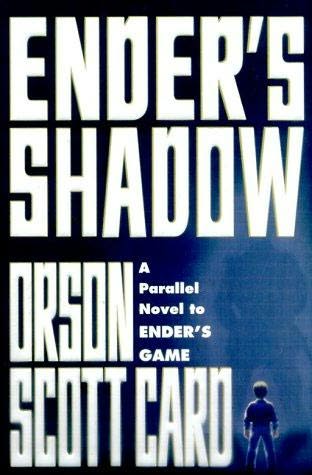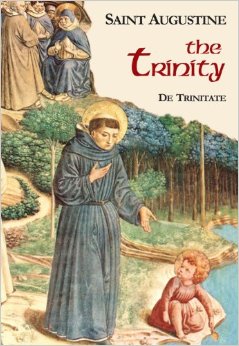
One of the most brilliant minds of the Christian tradition (and beyond!), St. Augustine plunges into the most captivating, yet also the most incomprehensible pillar of the Christian faith–the Triunity of God. Arguably Augustine’s most taxing and enigmatical work, The Trinity is a rite of passage for all students and learners of Trinitarian theology (and beyond!). Inflexible in his meticulous bend, Augustine exacts demanding intellectual and spiritual prowess to delve deep into the most wondrous mystery: God the Father, God the Son, and God the Spirit. How can this be? Why is this be? Searching for an appropriate explanation of the Trinity, Augustine, in the end, falls into humble surrender: “What is the reason then that you cannot fix your gaze on it to see it, but weakness obviously; and what brought this weakness on you but wickedness obviously? Who then is to heal all your infirmities but he who is gracious to all your iniquities?” (15.27.50). In daring hope, we will see God face to face (1 Cor 13:12), but until then we wait in faith in the Triune God to purify us in grace and love. Amen.
